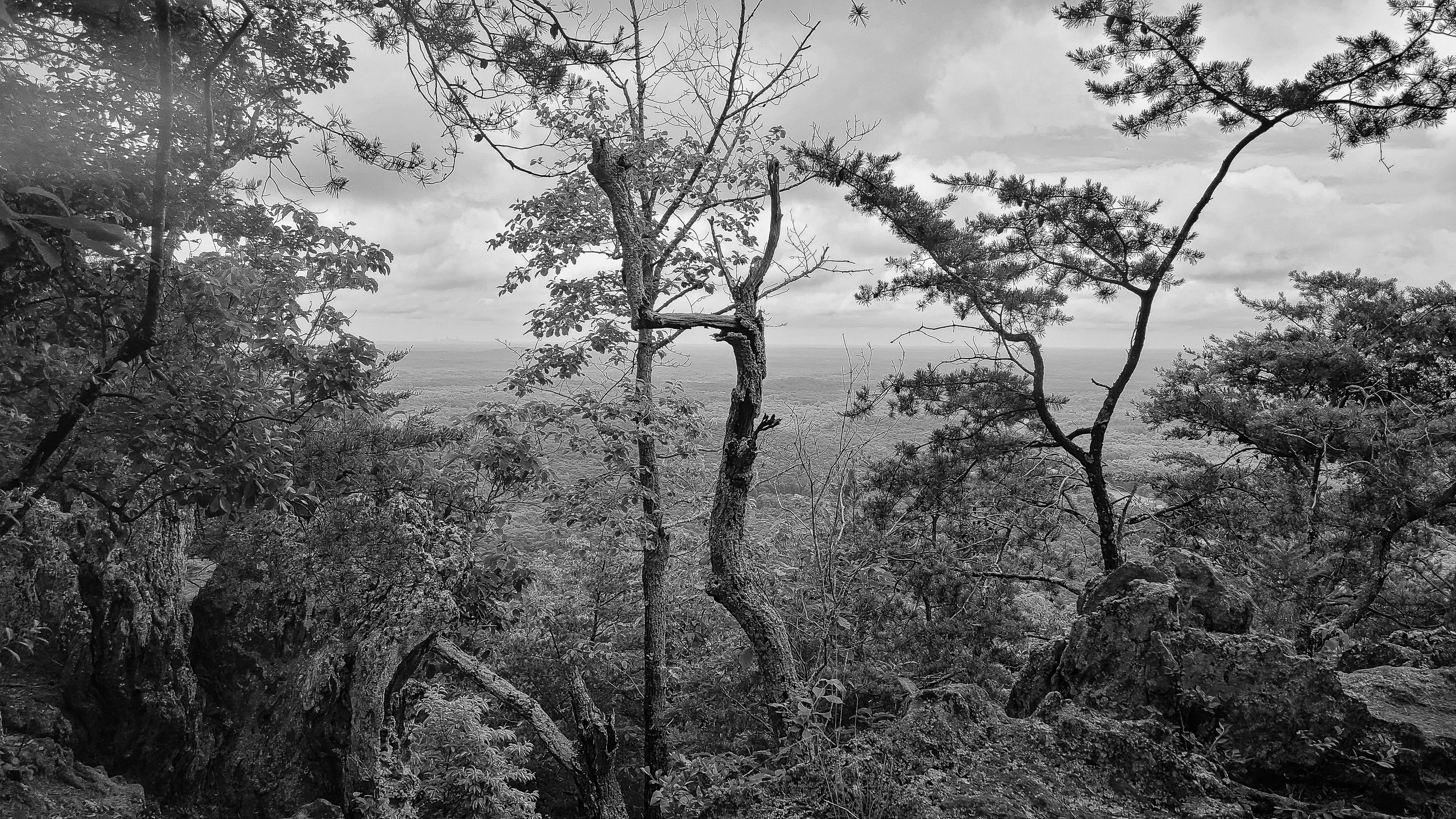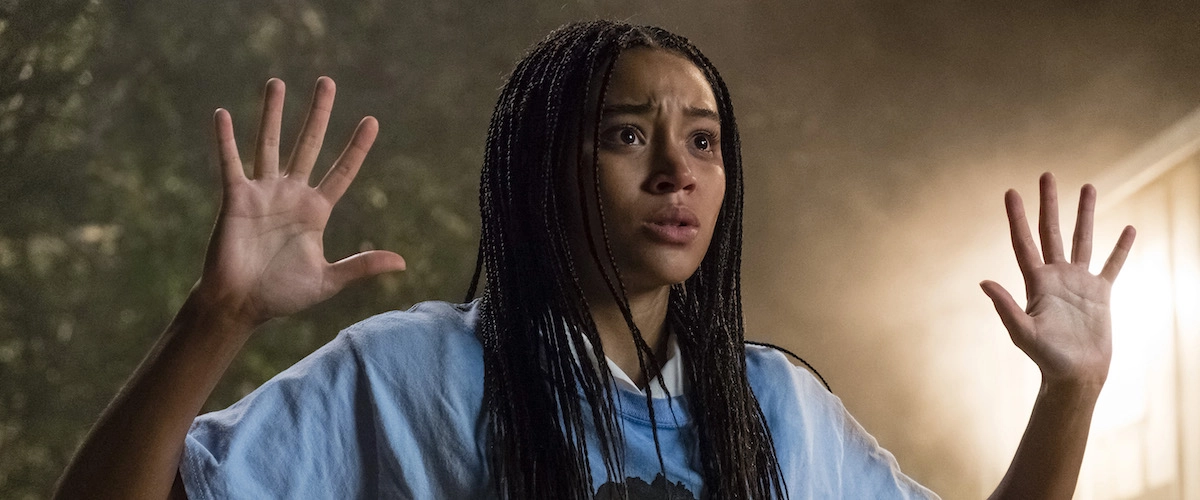T
Southern films have been long known for their portrayal of specific communities, with a focus on showcasing certain cultural and social norms. However, the recent years have seen a shift in this trend, with filmmakers increasingly emphasizing diversity in their films. Southern films are now breaking stereotypes and representing marginalized voices in a way that has never been seen before.
In recent years, the film industry in the southern region of the United States has seen a significant increase in diversity and representation of marginalized voices. With filmmakers and actors pushing boundaries and breaking stereotypes, the southern film industry is becoming a platform for inclusive storytelling and authentic representation.
One of the most notable examples of this movement is the film "Moonlight," directed by Barry Jenkins. Set in Miami's Liberty City neighborhood, the film tells the story of a young black man grappling with his sexuality and identity. The film received critical acclaim and won multiple awards, including the Academy Award for Best Picture, making it the first film with an all-black cast and LGBTQ+ theme to win the award.
Similarly, "The Last Black Man in San Francisco," a 2019 film set in San Francisco, highlights the effects of gentrification on black communities. The film follows the story of a young black man trying to reclaim his childhood home in a rapidly changing neighborhood. The film offers a nuanced exploration of identity and belonging, challenging the notion that gentrification is solely about improving neighborhoods. It received critical acclaim for its unique storytelling and its ability to give voice to marginalized communities.
In addition to these films, a growing number of southern filmmakers are telling stories that center on marginalized voices and break stereotypes. For example, Dee Rees' film "Mudbound," set in rural Mississippi during World War II, tells the story of two families, one white and one black, struggling to survive and navigate their relationships in a segregated society. The film highlights the ways in which racism and prejudice impact both white and black individuals and their families.
Another film that challenges stereotypes is "The Watermelon Woman," directed by Cheryl Dunye. The film tells the story of a young black lesbian filmmaker who becomes obsessed with uncovering the life of an obscure actress from the 1930s known only as "the Watermelon Woman." The film challenges the notion that black women are only depicted as victims or sidekicks in Hollywood films, highlighting the rich history and complex experiences of black women in the film industry.
Another example of a recent Southern film that represents marginalized voices is "The Hate U Give" (2018). The film, set in a predominantly African-American community in Mississippi, tells the story of a young girl who witnesses the fatal shooting of her unarmed best friend by a police officer. The film tackles the issue of police brutality and systemic racism in the South and highlights the power of activism and solidarity in overcoming injustice.
These films are just a few examples of the diverse stories and voices emerging from the southern film industry. By breaking stereotypes and centering on marginalized voices, southern filmmakers are expanding the scope of storytelling and creating a platform for inclusive representation. This movement is crucial for not only creating more diverse narratives but also challenging societal norms and biases that have historically limited representation in the film industry.
However, it's important to note that while progress has been made, there is still a long way to go in terms of achieving true representation and inclusivity in the southern film industry and beyond. It's crucial for filmmakers, studios, and audiences alike to continue pushing for diversity and representation in all aspects of the film industry. Only then can we ensure that all voices are heard and that everyone can see themselves represented on the big screen.



